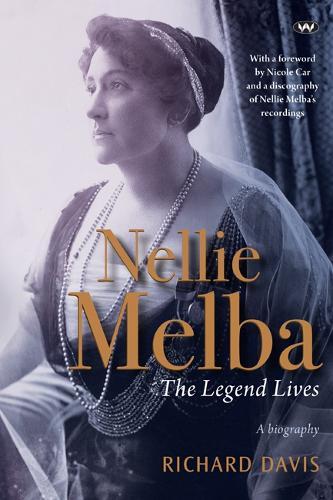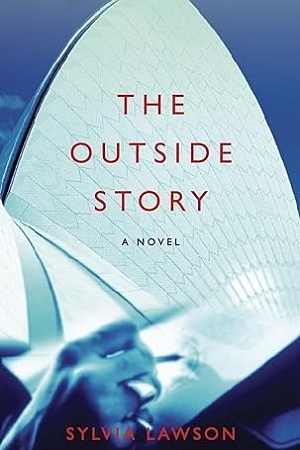Troll Hunting: Inside the world of online hate and its human fallout
Hardie Grant Books, $29.99 pb, 304 pp, 9781743794357
Troll Hunting: Inside the world of online hate and its human fallout by Ginger Gorman
Ginger Gorman’s book-length piece of investigative journalism, Troll Hunting: Inside the world of online hate and its human fallout, arose from her experiences as a victim of cyberhate in 2013. Through her own example, and the examples of others, she shows the vulnerability of all internet users to cyberhate, and how quickly and unpredictably it can be triggered. In the remit of trolling – a world deliberately inhabited by Gorman during the writing of this book – all bets are off: intent, rationality, morality, and good judgement suspended in the contest with the provocations and offence meted out by the avatars she encounters. Like an anthropologist, Gorman tracks the evolution of a language that is designed to harm – one running relatively unchecked but with adverse consequences for human life.
The premise of Troll Hunting, in trying to find out who trolls are and seeking to understand their motives, has been canvassed elsewhere: in 2015 American writer Lindy West wrote for The Guardian about ‘What happened when I confronted my cruellest troll’, and Dublin-based Leo Traynor wrote a similar exposé in 2012. In both cases the identity of the troll is surprising, and both stories are articulated with humanity and humility. The conclusions reached by Gorman about trolling and its ties to societal misogyny, and the fact that trolling is a symptom of the isolation and suffering felt by trolls themselves, are not new. However, Troll Hunting is informative because it adds case studies to our arsenal in terms of understanding this behaviour. It analyses the problem in terms of Australian regulation and enforcement against cyberbullying, and looks at the different actors involved and their different levels of responsibility. These are all valuable contributions.
Continue reading for only $10 per month. Subscribe and gain full access to Australian Book Review. Already a subscriber? Sign in. If you need assistance, feel free to contact us.












Leave a comment
If you are an ABR subscriber, you will need to sign in to post a comment.
If you have forgotten your sign in details, or if you receive an error message when trying to submit your comment, please email your comment (and the name of the article to which it relates) to ABR Comments. We will review your comment and, subject to approval, we will post it under your name.
Please note that all comments must be approved by ABR and comply with our Terms & Conditions.